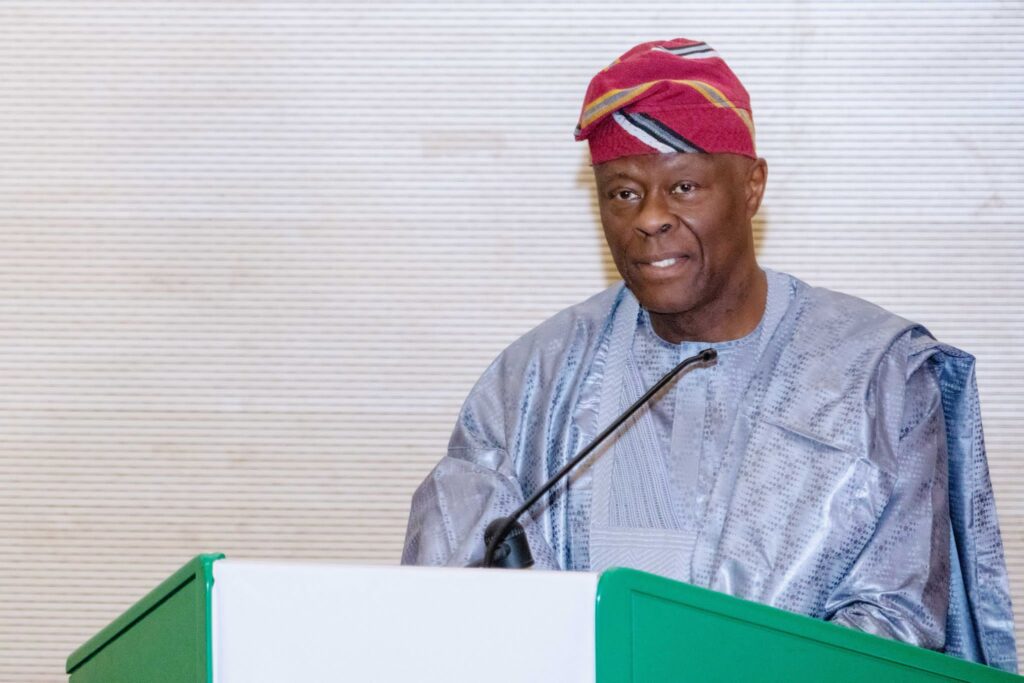The Federal Government generated ₦6.9 trillion between January and April 2025, representing a 40% increase compared to ₦5.2 trillion in the same period last year. This was revealed by the Minister of Finance and Coordinating Minister of the Economy, Wale Edun, during a public briefing on fiscal reforms and performance in Abuja.
Edun said the increase is largely due to key reforms introduced by the Bola Tinubu administration. These include the liberalisation of the foreign exchange market, improved fiscal discipline and the use of technology to block leakages across government agencies.
According to him, the gap between official and parallel exchange rates has significantly narrowed, helping to dismantle the black market and eliminate incentives for arbitrage. This has created a more stable and transparent environment for investors.
He explained that the reforms were rolled out in phases starting with the removal of fuel and forex pricing distortions, followed by economic stabilisation and now a focus on inclusive growth.
The minister also announced that Nigeria’s external reserves have grown from $3 billion to over $23 billion in under two years, while annual revenue rose from ₦12.5 trillion in 2023 to over ₦20 trillion in 2024.
Debt sustainability has also improved. Nigeria’s debt service-to-revenue ratio dropped from 150% in early 2023 to about 60% by the end of 2024. Edun attributed this to increased revenue and a cutback on borrowing through Ways and Means from the Central Bank.
He added that global credit rating agencies such as Fitch and Moody’s have upgraded Nigeria’s sovereign credit ratings, citing restored fiscal discipline and stronger investor confidence.
Despite challenges in oil revenue due to low production and price fluctuations, Edun said investments in domestic refining like Dangote Refinery have boosted refining capacity to 1.2 million barrels per day. This is expected to reduce crude exports and boost local value creation.
The minister also highlighted the government’s social initiatives. These include low-interest loans and grants for small businesses, mortgage options with interest rates below 10% and improved healthcare access for 37 million Nigerians. Additionally, 400,000 youths, including NYSC members, are being targeted for consumer credit loans of up to ₦300,000.
In the power sector, there has been a 40% increase in electricity output, the introduction of the Band A tariff and a renewed push for metering and renewable energy projects. Nigeria is also participating in the World Bank and AfDB’s Mission 300 programme to bring electricity to 300 million Africans by 2030.
Meanwhile, the Ministry of Finance Incorporated (MoFI) revealed that it has identified ₦38 trillion worth of public assets, with plans to grow that figure to ₦70 trillion by 2026 and ₦100 trillion in the next 10 years. The move aims to attract investments and promote transparency.

